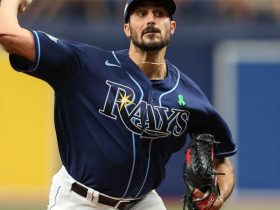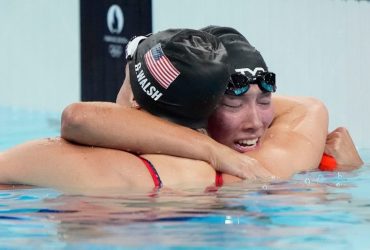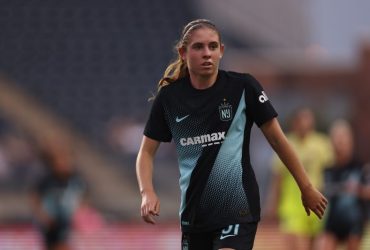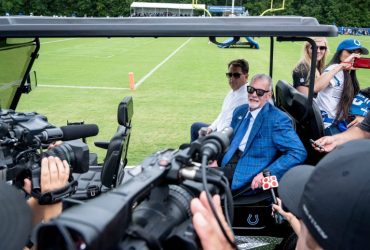A regional director for the National Labor Relations Board on Monday ordered a union election for Dartmouth College men’s basketball players, writing that “because Dartmouth has the right to control the work performed by” the players and “because the players perform that work in exchange for compensation,” they are school employees under the National Labor Relations Act.
This the second time in the past 10 years that an National Labor Relations Board (NLRB) regional director has ordered a union election for athletes in a college sports program. And Monday’s ruling occurs as the NLRB’s Los Angeles office has another case pending against the University of Southern California, the Pac-12 Conference and the NCAA regarding employment status of football, men’s basketball, women’s basketball players.
The issue of college athletes’ employment status also if the focus of a federal court case pending with the 3rd U.S. Circuit Court of Appeals. And it has captured the attention of Congress, which is being lobbied heavily by the NCAA, conferences and schools to pass a bill that would prohibit athletes from being declared employees of schools because they play college sports.
In March 2014, a union election was ordered for the Northwestern football team, but the results were never made public. The university requested a review of the regional director’s ruling by the full NLRB, and in August 2015 the board declined to accept jurisdiction over the matter saying that because the board has no jurisdiction over public schools, addressing the Northwestern effort would run counter to the National Labor Relations Act’s charge that the board create stable and predictable labor environments in various industries.
Dartmouth can seek a similar review of Monday’s ruling, but – as in the Northwestern case – a player vote can be held in the meantime.
The complaint in the Dartmouth case was filed in September 2023, and a hearing was held in mid-October.
In Monday’s ruling, NLRB Regional Director Laura A. Sacks, wrote that the players “perform work which benefits Dartmouth. While there is some factual dispute as to how much revenue is generated by the men’s basketball program, and whether that program is profitable, the profitability of any given business does not affect the employee status of the individuals who perform work for that business.”
She also wrote that Dartmouth “exercises significant control over the basketball players’ work.” She said that Dartmouth’s student-athlete handbook “in many ways functions as an employee handbook.”
She cited several examples of the manner in which the university, its officials and its coaches make determinations of what the players can do and when. Many of the examples she cited are part of the routine for most college sports teams, although she noted that for Dartmouth players “special permission is required for a player to even get a haircut during a trip.”
According to the ruling, Dartmouth had argued that these types of regulations were necessary for players safety and “no different from the regulations placed on the student body at large.”
“However,” Sacks wrote, “the record reveals no evidence that other members of the student body (the vast majority of whom, like the basketball players at issue here, are presumably legal adults) are so strictly supervised when they leave the confines of Dartmouth’s campus.”
Sacks found that even though Dartmouth’s players do not receive athletic scholarships, they receive “compensation,” including special treatment in their quest for “highly coveted” acceptance to the prestigious school.
“The coaching staff is allotted a certain number of … admission spots for players they scout based upon their basketball skills,” she wrote, “and encourages players to matriculate at Dartmouth rather than at a school which might offer them an athletic scholarship because of the lifelong benefits that accrue to an alumnus of an Ivy League institution.”
Sacks also rejected Dartmouth’s arguments that the school provides a wide range of support to all students, and that a finding that men’s basketball players are school employees could result in students participating in a variety of other extracurricular activities also being considered school employees.
She noted that students’ involvement in other activities does not “dominate” their schedules “to the extent that students are encouraged to take classes at particular times and then miss those dutifully scheduled classes due to the activity’s travel requirements.”
Sacks cited testimony in the case concerning the scale of support athletics department personnel connected to the men’s basketball team, and she wrote:
“No evidence in the record suggests that other students receive the extent of individual support and special consideration received by those individuals who participate in high-profile Division I collegiate athletics. …
“The record also does not suggest that the hypothetical student journalists, actors, and musicians described by the Employer in its brief are recruited and admitted through a special process because of their investigatory and artistic skills. Nor does the record indicate that these students’ journalistic and artistic endeavors require Dartmouth to employ multiple specialized individuals to monitor funds and brand management.”





